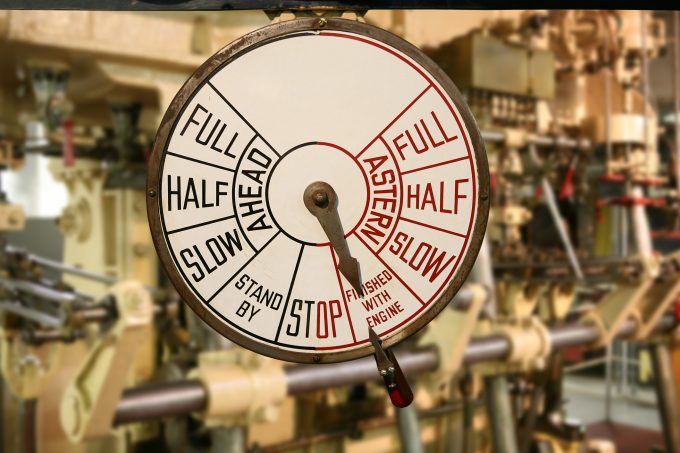Maersk splashes out on more chartered tonnage for Gemini
Maersk Line continues to pay top dollar to secure tonnage for the Gemini Cooperation’s intra-Asia ...
EXPD: CASHING INCHRW: INSIDER SALEFWRD: TRADING UPDATETSLA: POWERING THE UKUPS: DRIVER DEAL EXTENSIONMAERSK: BEARS UPPING TARGETSCHRW: NEW HIGHS AND PAYOUT CONFIRMEDBA: GREEN LIGHTMAERSK: ONE UPGRADE AFTER ANOTHER FDX: STEADY YIELDCAT: DOWNSIDE RISKMAERSK: SOARINGMAERSK: CONGESTION RISK MAERSK: 'ACCELERATION OF GLOBALISATION' MAERSK: GEMINI NETWORK FLEXIBILITY
EXPD: CASHING INCHRW: INSIDER SALEFWRD: TRADING UPDATETSLA: POWERING THE UKUPS: DRIVER DEAL EXTENSIONMAERSK: BEARS UPPING TARGETSCHRW: NEW HIGHS AND PAYOUT CONFIRMEDBA: GREEN LIGHTMAERSK: ONE UPGRADE AFTER ANOTHER FDX: STEADY YIELDCAT: DOWNSIDE RISKMAERSK: SOARINGMAERSK: CONGESTION RISK MAERSK: 'ACCELERATION OF GLOBALISATION' MAERSK: GEMINI NETWORK FLEXIBILITY

Fast-growing Norwegian feeder vessel owner MPC Container Ships has placed firm orders for the installation of exhaust gas cleaning system scrubbers on five of its ships, with options on 50 more of its 68-strong fleet, reports Ship & Bunker.
MPC said its decision to invest in scrubber technology was in response to “significant interest from charterers”, who would otherwise need to use the more expensive low-sulphur fuel (LSFO) when the IMO’s 0.5% cap comes into force on 1 January 2020.
MPC could expect to obtain a premium upwards of $4,000 per day from charterers for ships fitted with scrubbers, which could see the shipowner recover its investment in less than two years. And charterers able to continue to burn heavy fuel oil (HFO) will, in theory, enjoy a significant operating cost advantage over their competitors.
However, the jury is out on what the actual ‘spread’ will be between LSFO and HFO, come January 2020; some analysts predict that it could be double the current $250 per ton difference, while others suggest that the gap could be much narrower, making the scrubber economics less attractive.


Comment on this article